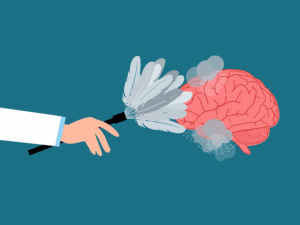Holistic mental health approaches integrate mind, body, and spirit practices like mindfulness, exercise, nutrition, therapy, and nature connection to achieve balance and vitality. By addressing emotional stability alongside physical vitality and spiritual connection, these methods enhance resilience and overall quality of life. Mindfulness, ecotherapeutics, proper nutrition, social support, and self-care rituals are key components that contribute to stress reduction and improved well-being in a holistic manner.
Stress can wreak havoc on both our minds and bodies, making holistic stress reduction a vital practice for maintaining optimal well-being. This comprehensive guide explores various strategies to achieve balance, encompassing mental and physical aspects of health. From mindfulness practices and nature therapy to creative self-care, we delve into a multifaceted approach to managing stress effectively. Uncover the interconnectedness between mental clarity and physical vitality, and learn how to cultivate resilience through holistic mental health techniques.
Understanding Holistic Stress Reduction: A Comprehensive Approach

The Connection Between Mental Health and Physical Well-being
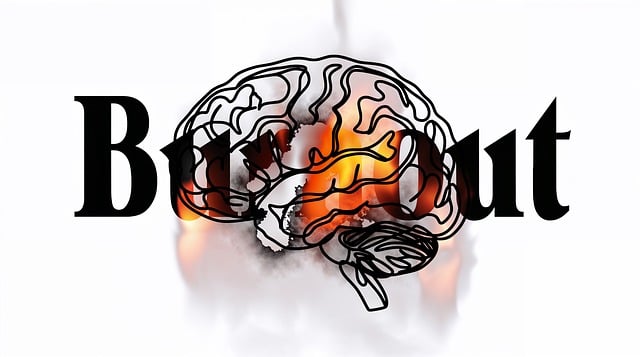
The connection between mental health and physical well-being is a profound and intricate dance. When we talk about holistic stress reduction, understanding this interdependence becomes paramount. Mental health significantly influences our overall well-being, affecting not just our emotions but also our bodies. Chronic stress, for instance, can manifest physically through symptoms like elevated blood pressure, weakened immune system, and even digestive issues. Conversely, physical ailments can take a toll on mental health, leading to anxiety, depression, or increased stress levels.
Addressing one without considering the other is akin to treating just the tip of an iceberg. Holistic mental health practices aim to recognize and nurture this connection. Techniques such as mindfulness meditation, yoga, and cognitive-behavioural therapy (CBT) are designed to help individuals manage stress, improve mood, and enhance overall well-being. By focusing on both mind and body, these practices can break the cycle of physical and mental distress, fostering a state of balance and resilience.
Mindfulness and Meditation Techniques for Daily Practice
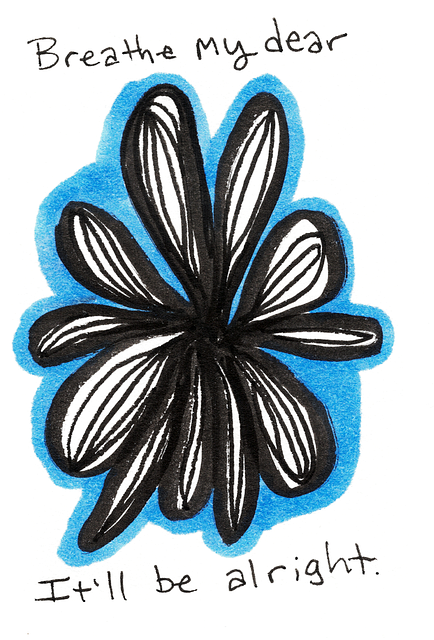
Mindfulness and meditation are powerful tools within the realm of holistic mental health, offering individuals a way to cultivate inner calm and enhance overall well-being. Incorporating these ancient practices into daily routines can help reduce stress and promote a sense of tranquility. One simple yet effective technique is mindful breathing, where one focuses on the inhalation and exhalation, observing the rhythm of their breath without judgment. This practice calms the mind and body, allowing individuals to become more present and aware in their daily lives.
Meditation, such as mindfulness-based meditation, encourages individuals to observe their thoughts and emotions without attachment or judgment. By regularly dedicating a few minutes each day to this practice, one can develop a stronger sense of self-awareness and emotional regulation. This, in turn, fosters better stress management and contributes to improved holistic mental health.
Nature Therapy: Exploring the Healing Power of Outdoor Spaces
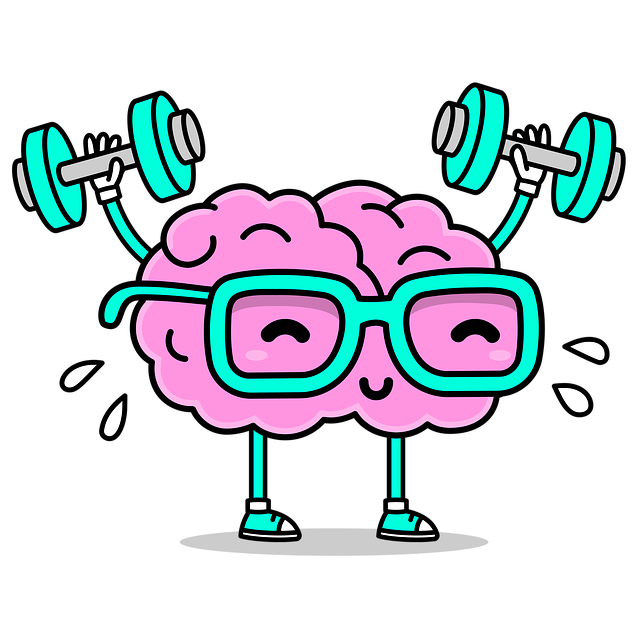
Nature therapy, also known as ecotherapeutics, is a growing field that leverages the healing power of outdoor spaces to improve holistic mental health. Spending time in natural environments has been shown to reduce stress, lower blood pressure, and enhance overall well-being. Research suggests that being amidst trees, plants, and open spaces can stimulate our senses, promote relaxation, and foster a sense of connection with the world around us.
Outdoor activities like hiking, gardening, or even simply sitting in a park can offer much-needed breaks from the demands of modern life. These experiences allow individuals to disconnect from technology and reconnect with nature, providing an opportunity for mental respite and emotional renewal. By integrating nature into our routines, we can cultivate a deeper appreciation for the natural world while also nurturing our holistic mental health.
Nutrition and Stress Management: Fueling Your Body for Calmness
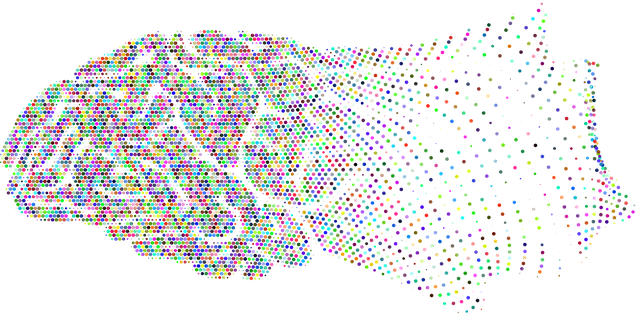
Nutrition plays a pivotal role in holistic mental health and stress management. The food we consume has a direct impact on our mood, energy levels, and overall well-being. A diet rich in whole foods like fruits, vegetables, lean proteins, and healthy fats can significantly contribute to calming the mind and reducing stress. These nutrient-dense options help stabilize blood sugar levels, which is key to preventing spikes and crashes that can trigger anxiety and irritability.
Incorporating stress-reducing foods into your daily meals can create a soothing effect on both body and mind. For instance, magnesium-rich foods like spinach and almonds support muscle relaxation, while omega-3 fatty acids found in salmon and walnuts are known to boost brain health and reduce inflammation. Additionally, staying hydrated is essential; water is crucial for optimal bodily functions, including regulating stress hormones. By prioritizing nutrition as part of a holistic approach, individuals can effectively manage stress and cultivate a sense of calm from within.
Social Connections and Support Networks in Reducing Stress

Social connections and support networks play a vital role in holistic mental health, offering a powerful tool for stress reduction. Humans are inherently social beings, and fostering meaningful relationships can have profound effects on our well-being. When individuals feel supported by friends, family, or community groups, they experience a sense of belonging and emotional security, which acts as a buffer against stress. This support network provides a safe space to share thoughts, feelings, and challenges, reducing the burden of carrying them alone.
In times of stress, having a strong social circle can provide practical assistance, emotional reassurance, and a listening ear. Social interactions release oxytocin, often referred to as the ‘love hormone’, which promotes feelings of calmness and bonding. Moreover, engaging in social activities or group therapy sessions allows individuals to connect with others who may have similar experiences, fostering a sense of solidarity and reducing feelings of isolation, thereby enhancing overall holistic mental health.
Incorporating Creativity and Self-Care into Daily Routine
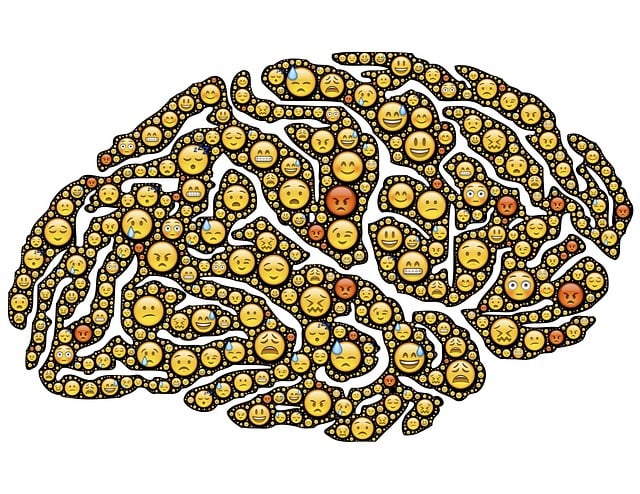
Incorporating creativity and self-care practices into your daily routine is a powerful way to enhance your holistic mental health. These activities serve as valuable tools for stress reduction, offering an outlet for emotional expression and a means to cultivate inner peace. Whether it’s engaging in artistic pursuits like painting or writing, practicing mindfulness through meditation or yoga, or simply taking time for a relaxing bath, such rituals nurture the mind, body, and spirit.
By dedicating regular moments for creative expression and self-care, individuals can foster a sense of calm and balance. These practices allow for introspection, helping to clear mental clutter and reduce anxiety. Moreover, they encourage a deeper connection with oneself, promoting a positive and holistic approach to overall well-being.
